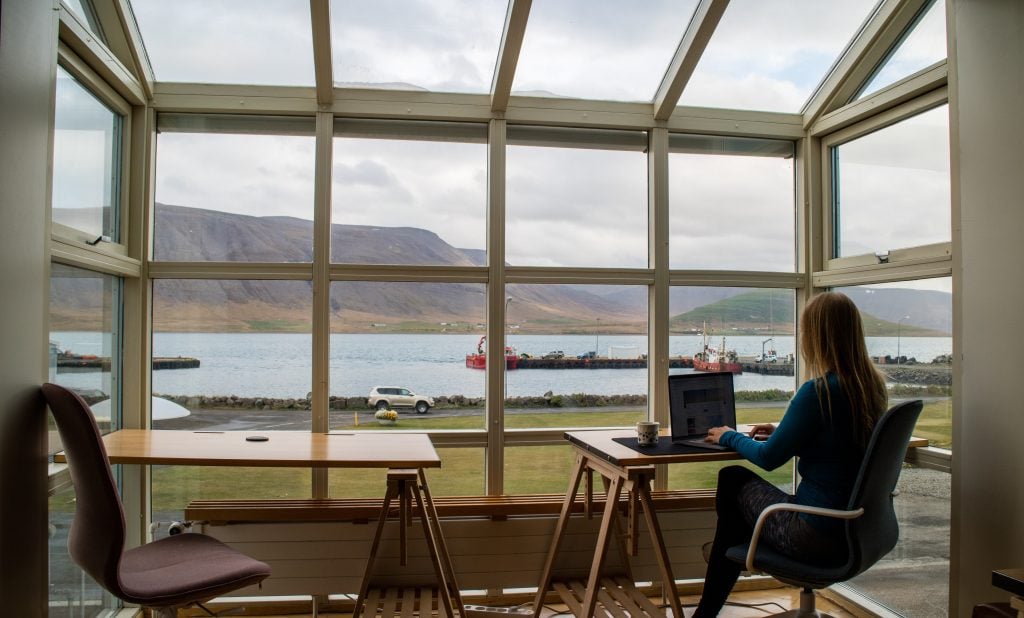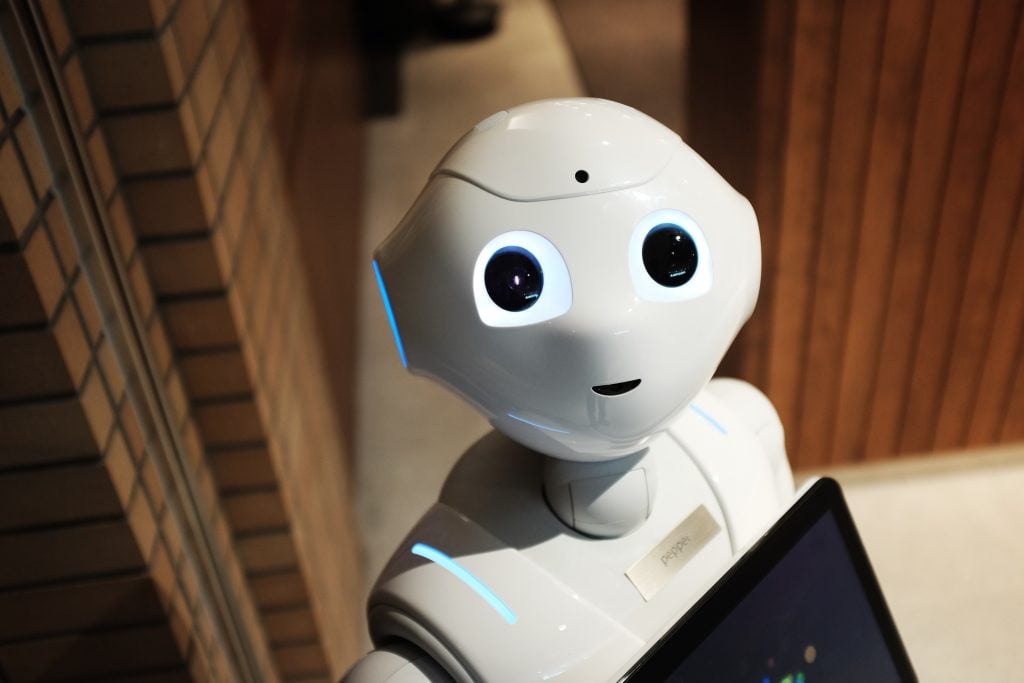Dare to try the 4-day workweek? Here’s what a Romanian company has learned
How does less work fit in a fast-paced, growth-focused, 24/7 available economy? Recently, Iceland made […]
How does less work fit in a fast-paced, growth-focused, 24/7 available economy? Recently, Iceland made […]
“I think that connecting with people can bring you everything,” says Alexandra Badea. She’s the […]
HR Talks with IT leaders is a campaign organized in collaboration between The Recursive and […]
Emerging technologies and new organizational structures lead to the emergence of new roles in the […]
At the end of September, the Senate, which is the higher Chamber of the Romanian […]
HR Talks with IT leaders is a campaign organized in collaboration between The Recursive and […]
HR Talks with IT leaders is a campaign organized in collaboration between The Recursive and […]
HR Talks with IT leaders is a campaign organized in collaboration between The Recursive and […]
Five Southeastern European cities have been listed in the rankings of the fDi Intelligence division […]
By now we have all become pretty used to the perks of working from anywhere. […]
DRUID AI, the Romanian chatbot platform, that aims to automate work in a few clicks, […]
Andreea Baciu is the first Chief Culture Officer at UiPath, the first Romanian unicorn, and […]
In fact, there is no universally accepted understanding of what the future of work will be like. As a concept, the future of work describes the shifts in the way people will work over the next decade, influenced by technological, social, and generational changes.
Times, technologies, and demographics are changing so fast, that the predictions made today, may already be obsolete tomorrow.
Then what impact do these dynamics have on the business models of modern organizations? How do remote working, online collaboration, and digital transformation transform the workforce? What does the future workplace look like today? And what will be the employment opportunities 10 years from now?
Globally, around 40% of the working population is worried about artificial intelligence putting their jobs at risk in the future. While almost 80% are ready to learn new skills or re-train to remain relevant in the future workforce.
In Europe, disparities between clusters are widening and 48 hubs generate more than one-third of the job growth in the continent. Among them are the cities of Amsterdam, Copenhagen, and London. While Eastern Europe is a region with a declining workforce and comparatively lower educational attainment.

To help SEE companies reverse the trend and become one of the dynamic hubs in Europe. The region is already considered an emerging talent hub, and with the right tools and mindset, it can be a step ahead in the future of work game.
We want to present the insights, expert opinions, and actionable advice that companies and talent need to adopt an agile mindset, build a strong company culture, and set themselves up for success in any scenario.
From agile transformation and remote-first company culture to leadership styles of the future and future work models, our goal is to dive deep into all of the key Future of Work topics. These also include remote collaboration, startup company culture, approaches for attracting and retaining talent, and work automation.

The Recursive authors who are focused on the topic – Elena Vrabie and Bojan Stojkovski, constantly talk with regional experts in human resources and organizational psychology, as well as with workers of remote-first companies to present the most accurate picture of the current state of work in CEE.
Find out more success stories of companies that are building future of work solutions or which are excelling at building future organizational models. Meet the faces behind companies such as DRUID AI, Robotiq.ai, Motion Software, and LucidLink.
Subscribe to The Recursive newsletter to get the newest Future of Work insights in your mailbox.